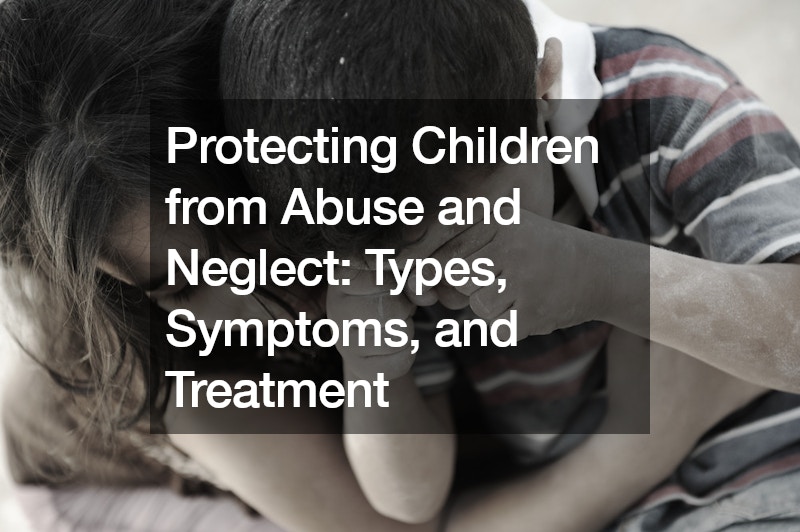Child abuse and neglect are grave concerns that affect the well-being and development of children worldwide. Defined as any intentional mistreatment or harm to a child under 18, these acts are criminal offenses and are prosecuted strictly. Abuse can lead to lifelong trauma, significantly hindering a child’s emotional and mental growth. Understanding the types, symptoms, and treatment of child abuse is crucial for protecting vulnerable children.
Types of Child Abuse:
- Physical Abuse: This involves intentional physical violence, such as hitting or beating, aimed at causing harm or injury.
- Sexual Abuse: Any sexual activity with a child, including exploitation, exposure to pornography, and intercourse, constitutes sexual abuse.
- Emotional Abuse: This type of abuse occurs when an individual deliberately harms a child’s emotional well-being and self-esteem through verbal assault, rejection, or isolation.
- Medical Abuse: This involves subjecting a child to unnecessary medical treatments by providing false information.
- Neglect: Failure to provide essential needs such as shelter, supervision, affection, education, or medical care.
Symptoms of Child Abuse: Children often remain silent about abuse due to confusion and guilt. Warning signs include depression, anxiety, low self-confidence, withdrawal from activities and friends, aggression, self-harm, absenteeism from school, reluctance to return home, and rebellious behavior.
Physical abuse is marked by unexplained injuries and false explanations, while sexual abuse symptoms include inappropriate sexual behavior, blood in underwear, and sudden pregnancy. Emotional abuse signs include delayed emotional development, social withdrawal, and poor academic performance.
Treatment: Early intervention is vital. Children who have been abused require immediate medical attention and ongoing therapy to address trauma. Treatment aims to help children rebuild trust, boost self-esteem, manage conflicts, and recognize healthy behaviors and relationships. A family attorney can play a crucial role in navigating legal processes to ensure the child’s safety and well-being.
If you suspect child abuse, consult a family attorney to take immediate action and protect the child from further harm. Reporting and addressing abuse promptly can make a significant difference in a child’s life.
.

